Restaurants, grocery stores, cafeterias, convenience stores, and coffee shops can increase their sales by using bakery or deli cases. The problem is that there are a number of display cases that foodservice operators can use on their premises. It’s often difficult for them to make a choice which case to go for. In this guide, we’ll look at different types of display cases and what to consider when shopping for one.
Types of Display Cases
These are the most common types of display cases that are used by foodservice providers
- Meat & Seafood Cases: These are single-level refrigerated cases used to keep fresh poultry, seafood, and meat at ideal storage temperatures without freezing. There are those with glass cases for unwrapped meat and fish and open-air models for wrapped products.
- Combination Display Cases: These types of cases have dual temperature zones: a refrigerated and a dry non-refrigerated zone. Combination display cases are ideal for vendors that sell different products.
- Open Display Merchandisers: These types of cases target impulse purchases such as vegetables, dairy products, and other grab-and-go items.
- Hot Display Cases: Hot display cases are used for keeping prepared foods at ideal temperatures. Most of them have adjustable humidity control that gives vendors the freedom to keep different products in them. Self-service vendors can also purchase open-air hot display cases for their establishments.
- Sushi Display Cases: These are single shelf glass display cases that extend longer than the other cases. They are usually rested on a bar or the counter. While non-refrigerated sushi display cases are the most common, vendors can also opt for refrigerated cases. Sushi display cases can always be customized to a vendor’s specifications.
- Deli Cases: Deli cases are refrigerated display cases with multiple shelves and the ability to keep products at a degree of about 40 °F. They’re mostly used by delis that have multiple products to display and also need to keep their products from freezing. There are also single-shelf deli cases.
- Bakery Cases: There are refrigerated and non-refrigerated bakery cases. The refrigerated ones have shelves and keep products at almost the same temperatures as the deli cases. They have less moisture and are mostly used for confections, cakes, pies, and other dry items. Non-refrigerated cases are usually dry and are used to store bread, bagels, and other baked products that require a dry environment to stay fresh.
Furthermore, display cases can be categorized depending on the type of refrigeration that they have. There are forced-air and gravity coil display cases.
Forced Air Display Cases
These display cases rely on in-built fans to circulate cold air throughout the case in order to keep products at the ideal temperatures. Forced-air display cases are mostly used for prepackaged products and bakery products. Sometimes, they are also used in delis. Still, the air circulation can cause products to dry out if they stay in the case for too long or are uncovered.
Gravity Coil Display Cases
These display cases usually have a refrigeration coil at the top of the cabinet. This allows the cool air to drop down over the products. Gravity coil display cases are mostly used to store salads, seafood, raw meat, and other deli products. The cases keep the products from drying up as is the case with the forced-air ones. They are also cheaper compared to forced air cases.
Factors To Consider When Shopping For a Display Case
The type of display case you go for will affect all your products and sales. It’s therefore important to carefully consider all your options before purchasing a particular one. Here are some of the factors that you should consider when shopping for a display case:
- Temperature: Temperature is the most decisive factor on which type of case you should purchase. This is because different products have different storage requirements. For instance, sushi cases would help to extend the shelf life of rolls as they have a warm climate that helps to keep the rolls fresh.
- Humidity: Some products stay fresh in humid environments while others do not. It’s always important to ask about a case’s humidity and how suitable they are to your products. If you intend to keep a variety of products, then it’s advisable to go for cases with adjustable humidity.
- Lighting: If you’re in a location with low interior lighting, then it’s best to go for display cases with adequate lighting so that your customers can easily view the products. Keep in mind bright lights can be too much for softly lit environments. Some cases come with adjustable light installments. In those cases, you can add additional bulbs if there’s little light or turn off some bulbs if the light’s too bright.
- Shelving: The type of shelving a display case can significantly impact the amount of storage space it offers. However, cases with multiple shelves reduce the height clearance and make them unsuitable for tall items.
- Size: Lastly, you should also consider the size. Display cases usually come in different sizes. When considering size, factor in the amount of space it will occupy and where the case will rest. You can purchase small countertop display cases or go for larger models that are usually placed on the floor. The products should comfortably fit within the case so that they aren’t crowded or scattered. This helps with the aesthetic appeal of the case.
Other factors that you might want to consider include end panels, curved glass, and color. End panels can give your display case a bigger and fuller appearance. This is because the mirrored interior enhances its presentation significantly. The enhanced appearance, in turn, has an effect on the customers’ perception of freshness. If you’re going to opt for a curved glass display case, then it’s advisable to go for one that tilts up or out as they are much easier to clean.
As for color, a black interior minimizes the appearance of the case’s internal hardware and enhances the appearance of your colorful products. But, some health departments advocate for white rear area display cases for sanitation purposes, so it’s important to find out from your local health department before ordering a new display case. If you’re looking to buy a new display case for your business, get in touch with Iron Mountain Refrigeration for quality cases.
Browse all our commercial refrigeration equipment.
8555 194th Ave
Bristol, Wisconsin 53104
(833) 734-8880























